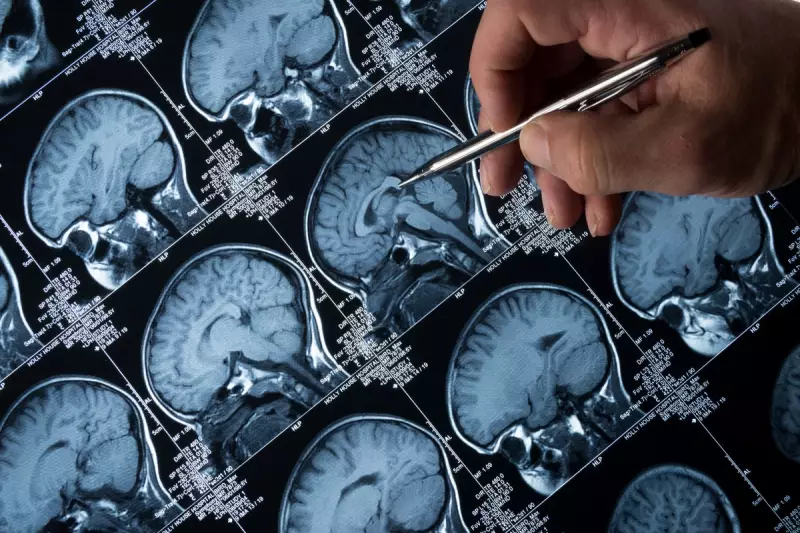
In a groundbreaking study that could revolutionise Alzheimer's research, scientists have discovered a potential connection between feline viruses and the development of dementia in humans.
The Feline Connection to Alzheimer's
Researchers have identified a surprising link between a common virus found in cats and the protein plaques characteristic of Alzheimer's disease. This unexpected discovery could pave the way for new treatment approaches targeting the root causes of dementia.
Key Findings from the Study
- The study focused on feline leukemia virus (FeLV) and its potential impact on human brain health
- Researchers found similarities between viral proteins and amyloid beta plaques in Alzheimer's patients
- This discovery suggests possible zoonotic transmission pathways for dementia-related proteins
What This Means for Future Treatment
While the research is still in early stages, these findings could lead to:
- New diagnostic tools for early Alzheimer's detection
- Innovative treatment approaches targeting viral components
- Potential vaccine development against dementia-related viruses
Professor Sarah Richardson, lead researcher on the project, commented: "This discovery opens up an entirely new avenue for Alzheimer's research that we hadn't previously considered. While much more work needs to be done, the implications could be profound."
Next Steps in the Research
The team plans to expand their studies to examine:
- How widespread these viral connections might be in Alzheimer's patients
- Potential mechanisms for how feline viruses might affect human brain chemistry
- Whether similar connections exist with other animal viruses
This research comes at a critical time, with dementia cases projected to triple worldwide by 2050. Any breakthrough in understanding the disease's origins could have significant implications for global healthcare systems.





